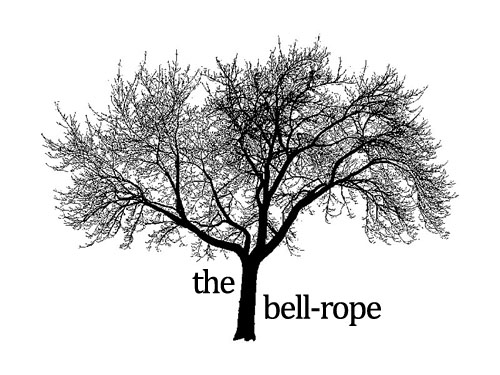Dear documentary filmmakers,
You know that thing where you're filming an interview subject and they come to the natural close of a thought, but you keep the camera pointed at them and don't say anything and they're sort of frozen waiting for you to break the scene but you don't, and then they wonder how much longer they're supposed to hold their frozen pose or maybe they should do something, and then eventually they do do something, always something inadequate like an "oh well" gesture which follows a protracted, uncomfortable silence, all of which happens solely because of how uncomfortable and self-conscious you have made them and not at all because the scene is "raw" or "real" as you probably intend it to be?
Or when someone is speaking on an emotional subject and breaks down sobbing, but instead of cutting to something else (we know what's going to happen: more sobbing) you zoom in instead, and just watch them up close as they contort and grunt and moan their private grief, and you keep the camera fixed until the tears subside, the wails cease, and there is nothing more to see?
STOP THAT.
Seriously, stop it! That trick is way played out, and it never helped anybody. What are we supposed to learn, aside from people who have lost loved ones tend to cry about it, and you (the filmmaker) aren't below using your camera to russle up some good cinematic drama, even where none should naturally occur?
We've all seen this dozens of times. Here's an example from Herzog's Grizzly Man, in which we see what should be the natural close of a shot, the signing of a contract. Everyone in the shot - the girl, the man, the cameraperson - knows that this is where it's supposed to cut. But it keeps going. The man looks like he's trying to disappear by remaining absolutely still. Then the camera comes even closer, forcing the poor girl to come up with a final platitude to lend the scene its dramatic rimshot. And then a close up of the watch. We get it.
Do I object to this practice on artistic or moral grounds? Both. It's morally disingenuous because you turn the real people who are your subject into circus performers, expected to offer up tears or saccharine one-liners to your supposedly objective lens. And it's artistically hollow because it ultimately reveals a lack of confidence in the power of your story - or your ability to convey its purpose and meaning without resorting to manufactured "moments."
Look, nobody is going to come out of this well! You could put Mahatma Gandhi on the other end of your camera; hold it long enough and even he'll start to shift his eyes nervously. It's a foolproof way of making someone you don't like look bad, or anybody look goofy and ridiculous. The worst part is that this is so easy to defend in theory: the documentarian is supposed to be unflinching in his gaze, never shying away from pain or reality. No one's going to argue the theory, but you risk farce when you apply it so literally to your practice.
Herzog, who is a natural with documentaries, shouldn't need to resort to such juvenile tricks. So, in fairness to him, my counter-example to the above is also from a Herzog documentary, his Encounters at the End of the World. Here we see Herzog trek to Antarctica and interview all the weirdos and misfits of the world who have, for one reason or another, congregated in that far, cold place.
There is one man who has a backpack that he keeps with him at all times, which contains everything he needs to survive so he can pick up and leave at a moment's notice. This is important for a man who grew up deprived of freedom behind the Iron Curtain. "You escaped," says Herzog, "and how big a drama was that?" The man seems to smile, blinks and begins to respond, but no words form and no stories emerge. He is obviously struggling under the great weight of memory. And I have to say, I thought I knew exactly where this was going: the camera would linger another four, five seconds, and then the sobs would come, and we would watch this poor man cry until he managed to compose himself and we moved to the next subject, our curiosity satisfied - if not resolved - by our act of voyeurism.
But it is Herzog who surprised me by speaking before the man's dignity could fully collapse. "You do not have to talk about it," he says gently. "For me," and here you can hear Herzog improvising, becoming for a brief moment, even though behind the camera, the subject of his own documentary, "the best description of hunger is a description of bread. A poet said that once." The man nods vigorously, gratefully, and Herzog directs him instead to describe the contents of his bag, which he does with the relish of a boy proudly displaying his gifts on his birthday. And, sitting alone in my house, I suddenly found myself sobbing, painfully, wretchedly, sobbing at the unbearable kindness of Herzog and the beauty and humanity of that moment.
Monday, May 3, 2010
Subscribe to:
Post Comments (Atom)

1 comment:
I take voyeuristic pleasure in dwelling on this image of you sobbing for humanity.
Your frustration made me laugh. What a great observation!
Post a Comment